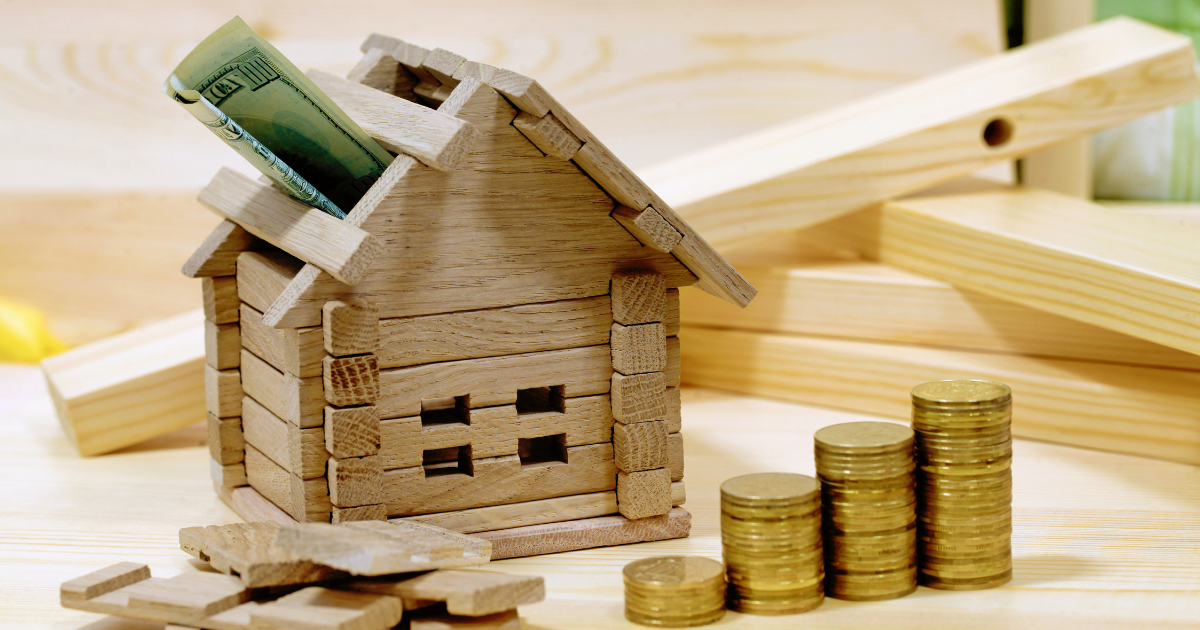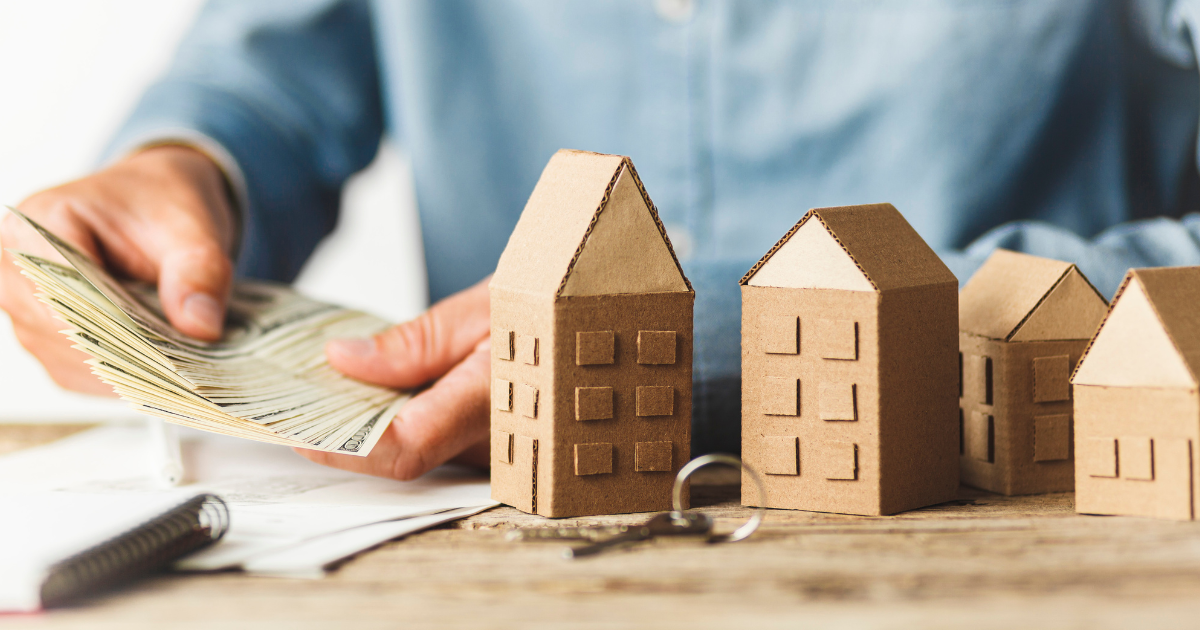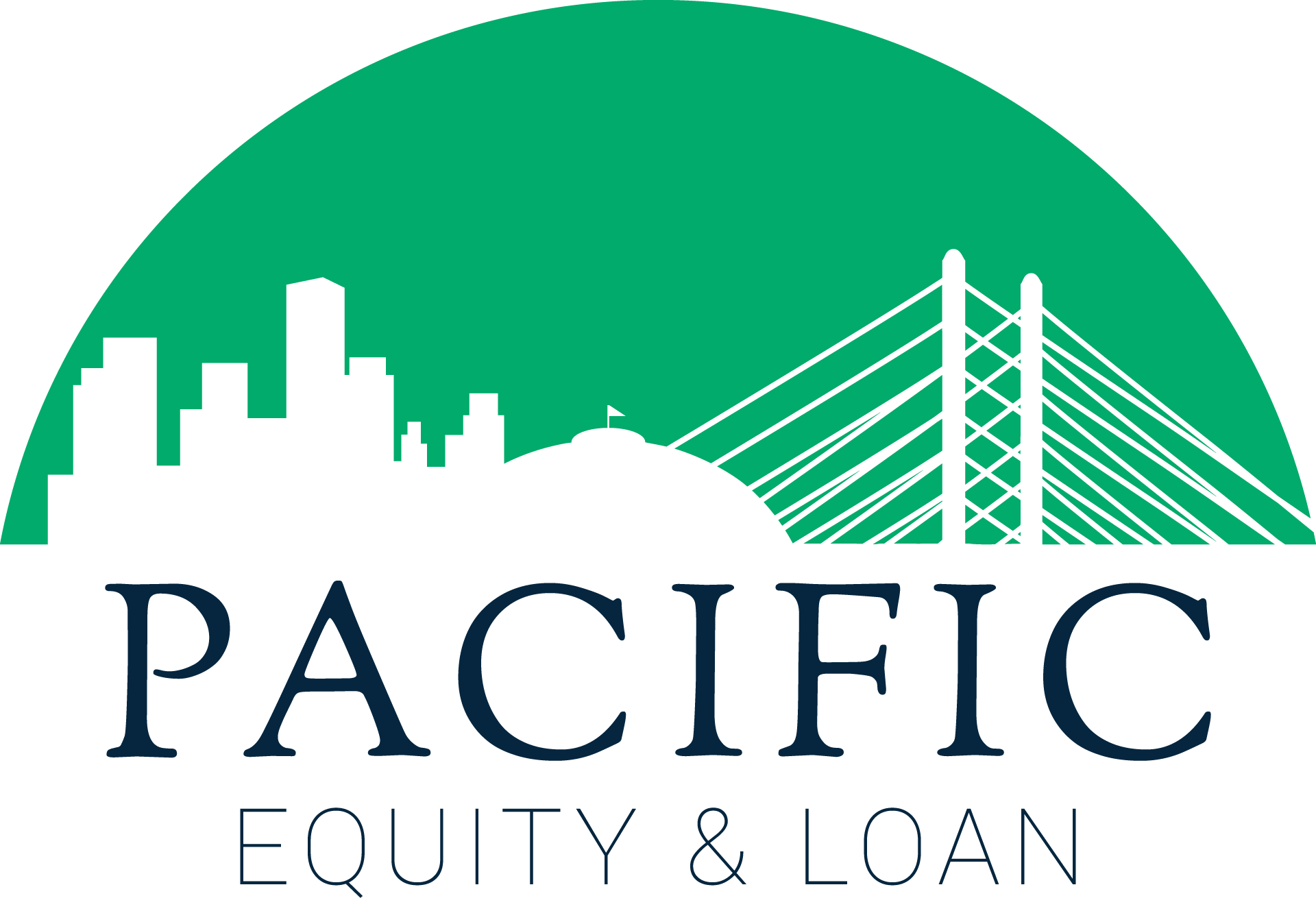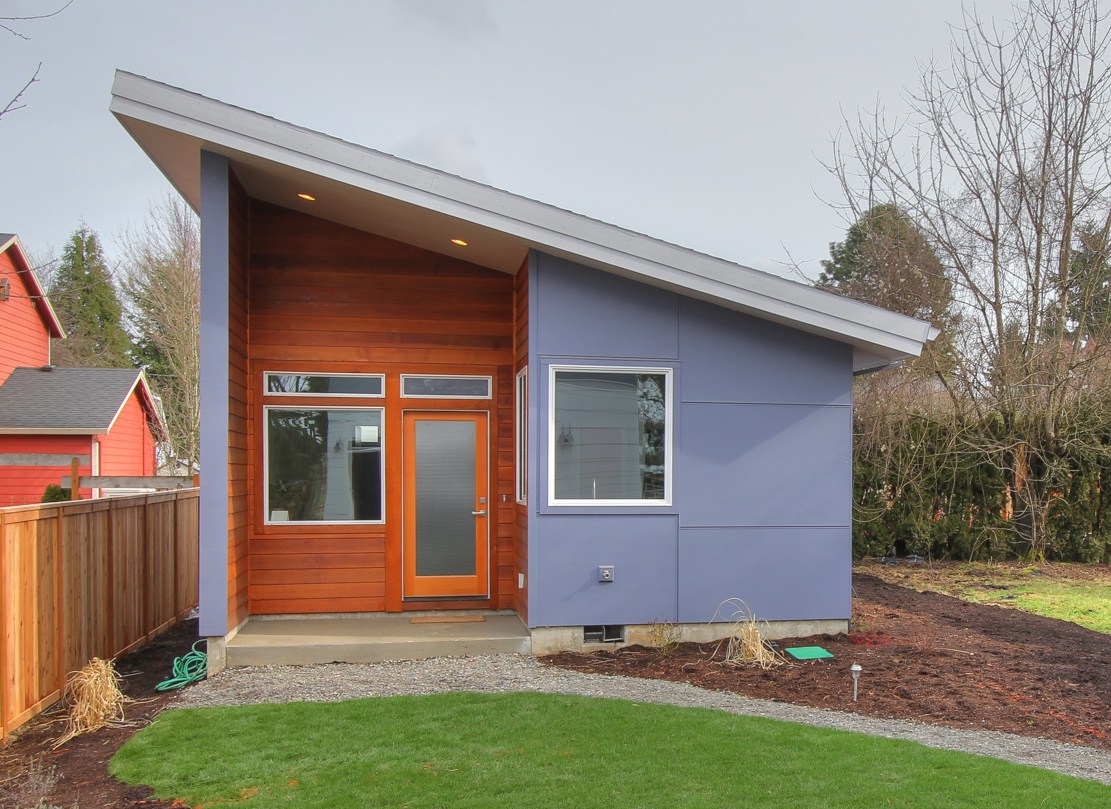There is no right answer to the question of whether flipping or having a rental property is the best strategy for property investment. Instead, choosing one way over the other should be part of a well-thought-out strategic plan that takes into account your overall goals.
A real estate investor should also think about the opportunities given by the current market. In this article, we will present the differences between flipping houses and renting properties and show some of the pros and cons of each strategy to help you make a better decision.

Difference Between Flipping and Renting
The main difference between flipping homes and rental properties is that the former generates active income while the later generates passive income.
Flipping homes is when a real estate investor buys a property, repairs it, then resells it for a profit. With this, flipping homes becomes an active income, which means earning money through day-to-day work. The money you make at your day job and/or from flipping houses are examples of active income.
Investing in rental homes, on the other hand, will provide you with passive income. Passive income is money you receive from your investments on a monthly basis. That money keeps flowing in no matter where you are or what you’re doing. Owning a rental property and receiving monthly rent checks is an example of passive income.
Therefore, a house flipper can only generate money once the house is successfully sold. Whereas when an investor rents out a property, there is usually a guaranteed monthly income until the property becomes vacant.
Pros and Cons of Flipping Houses
There are a few things you should know before you start flipping properties. House flipping offers advantages and disadvantages, just like any other real estate business.
Pros of Flipping Houses
Quicker Returns on your investment
When you flip houses for a living, you have the opportunity to make a lot of money in a short period of time. The goal is to close a deal in a few months (between 3 and 6 months), and if it goes well, you may see a big return on investment and profit.
No property management
You won’t have to deal with property management, which is another significant advantage. You won’t have to worry about finding tenants or dealing with their concerns, such as replacing broken appliances or doing repairs.
Potentially lower risk
It doesn’t have a lot of overhead costs, such as paying people and buying expensive real estate equipment. On renovation supplies as well as other items, there is always a way to save money. Also, the lesser risk comes from the fact that a property that is being flipped fast isn’t affected by long-term real estate swings.
Cons of Flipping Houses
Inconsistent Income
You don’t have a consistent income when you flip houses, and the performance of your investment is tied to the market’s performance. So, if the market is performing well, you have a strong possibility of obtaining a good return on your investment because the property’s value could rise quickly.
The property market becomes less predictable in volatile periods, such as during times of political instability or a pandemic, and your property may not appreciate as quickly. As a result, if you try to flip it too quickly, you will lose money.
Higher Taxes
If you sell a property for more than you paid for it, you may be subject to capital gains tax in the United States. The amount of tax you’ll have to pay is determined by how long you’ve owned the property. This form of investment often has a higher capital gains tax than long-term rental properties.
Unexpected costs
Making sure the home is in good shape and appealing to potential purchasers is an essential part of flipping. Working with contractors to renovate or upgrade the property is common.
There’s always the possibility that contractors won’t show up, won’t finish on time, or that the renovations will cost more than expected. At the end of the day, this could cut into your profit margins.

Pros and Cons of Investing in Rental Properties
Investing in rental homes is a wise choice that comes with several advantages. But keep in mind that it’s a business with drawbacks just like any other.
Pros of Investing in Rental Properties
Steady ongoing income
You can usually count on a stable monthly or regular income after you rent out your property. If all goes according to plan, your passive income could eventually outweigh the cost of maintaining your rental property or properties.
Property value appreciation
With time, your rental property could increase in value and have a higher appreciation. Inflation usually benefits properties, which means your rental income will rise in tandem with inflation. The longer you own a property, the more equity you accumulate, which aids in the accumulation of wealth.
Depending on when you bought it and the situation of the market when you sell it, you could make a big profit by selling it at a later date.
Tax benefits
Many expenses, such as mortgage interest, property taxes, and insurance, can be deducted. The advantages of tax deductions allow you to keep more of your earnings. You can include the capital gain in your income if you sell after owning the property for more than a year.
Cons of Investing in Rental Properties
Risk of vacancy
It could take a long time to find quality tenants for your rental properties. While you’re waiting for possible tenants to show up, you won’t be making any money. In this instance, the greatest risk is if your property remains vacant for an extended period of time due to unforeseen circumstances.
There will also be some potential risks, such as a tenant who does not pay rent or who violates the terms of your lease agreement.
Maintenance costs and property management
Aside from dealing with tenants, you’ll need to efficiently manage your rental properties if you want to get a high return on your investment. To make more money than you’re paying out, you’ll need to find new renters, collect rents, and keep track of expenses.

Endnote
As you can see, deciding whether to flip a house or rent it out is a difficult task, and there are numerous considerations to consider before pursuing either of these alternatives.
Consider flipping houses if you don’t mind putting in the time to work on your property and want to make a quick and substantial profit. Rental properties, on the other hand, are a good option if you desire a steady stream of passive income and capital growth over time.
You have the option of doing both flipping and renting homes. It is entirely up to you to decide what type of real estate investment to undertake. But first, do your research and educate yourself on how to flip a house and maintain a rental property.
But whichever real estate investing strategy you choose, Pacific Equity & Loan will be here to help you every step of the way. Let’s figure out what’s the most suitable method for you and get you funded on your investing projects!

Citation
Stammers, Robert. “Whether to Flip a House or Use Buy-and-Hold.” Investopedia, Investopedia, 8 Feb. 2022, https://www.investopedia.com/articles/mortgages-real-estate/08/flipping-flip-properties.asp.
“Flipping Houses vs Renting: Which Is Better and Why?” RealWealth, 30 Nov. 2021, https://realwealth.com/learn/flipping-houses-vs-renting/.
SimpleShowing. “Flipping Houses vs. Renting Properties.” SimpleShowing, SimpleShowing, 27 July 2021, https://www.simpleshowing.com/blog/flipping-houses-vs-renting-properties.
Chené Koscielny·March 23rd, 2022·7 min read. “Flipping vs Renting? Find the Best Investment Path for You .” Lodgify, 23 Mar. 2022, https://www.lodgify.com/blog/flipping-vs-renting/.






